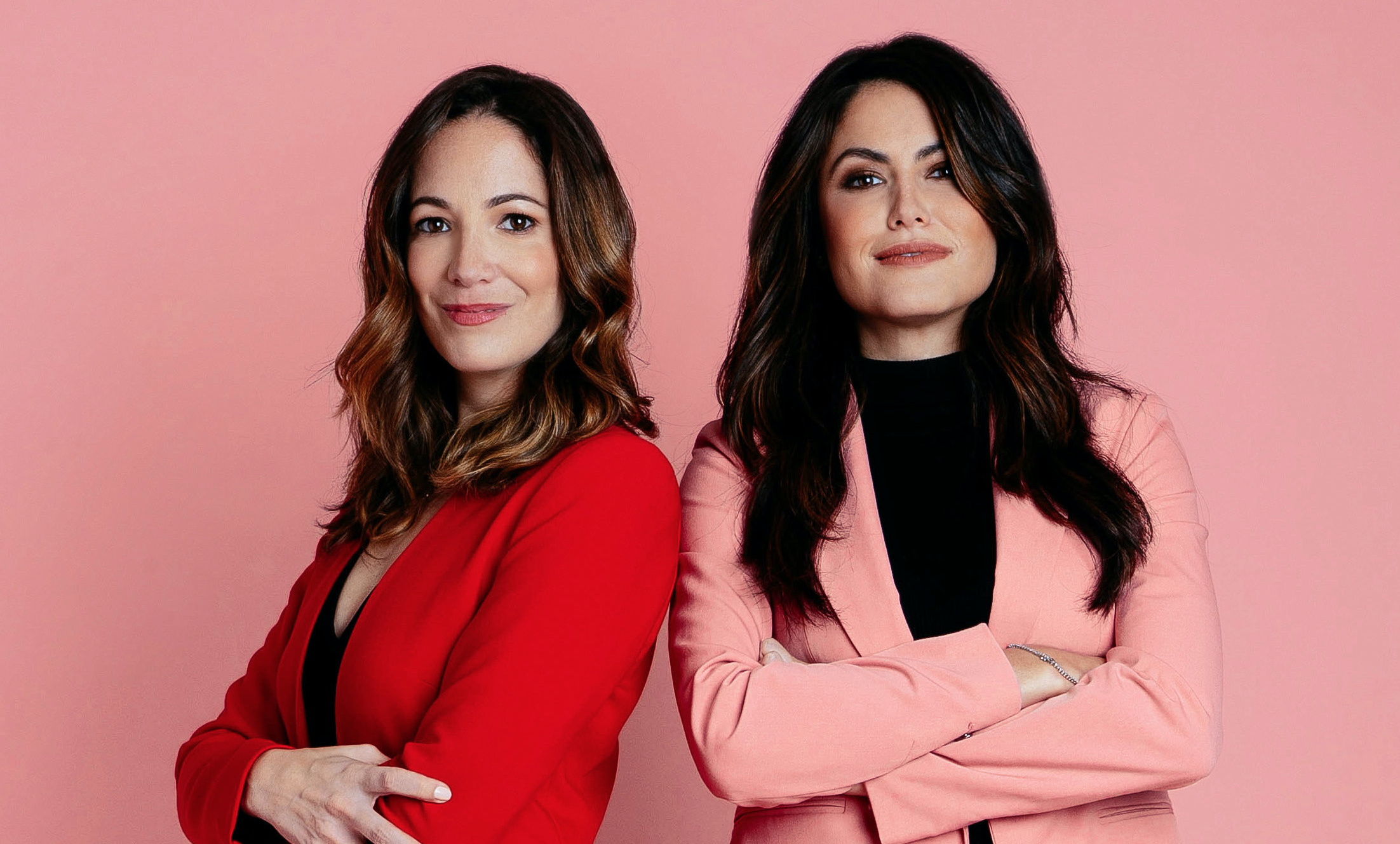The image that often appears in our minds when we think of nuns is one of piety, strictness and a firm conservative leaning, right? How about if we told you everything you thought of Catholic nuns was wrong? Or at least it is becoming increasingly wrong today, with the modern era of Catholic Nuns worldwide taking a stand for issues that have previously been thought of as taboo by the church.
Since 1975 when Pope John II visited the United States, American Nuns have been petitioning for greater rights to top leadership roles within the church for women. Many believe the rise of secular feminism in the 1970s had an influence on the way these nuns started to re-think certain issues, but isn’t that the point of a movement? The question the existing boundary lines and examine whether they are in favor of people or not?
There are many within the Catholic Church who criticize the nuns who are deviating from the church’s stance on, say, reproductive rights, but overall it has been a welcome change for a religious institution which has for decades been damaged by its cover-up of child sexual abuse scandals worldwide.
In 2014 the National Coalition of American Nuns made a public statement supporting President Obama’s Affordable Healthcare Act, and simultaneously slamming the Supreme Court v Hobby Lobby case which enabled a corporation to restrict access to certain types of birth control for its female employees simply because the owners of the company didn’t think birth control meshed with their Christian beliefs. Yep, because apparently the Constitutional rights for an individual to choose their own beliefs is now able to be defined as a corporation and they are allowed to enforce that on their employees. Don’t even get us started on the many things wrong with what happened with that case…
The coalition of nuns who are taking a stand for women’s reproductive rights are causing a huge stir in America, and is also starting new types of conversations around how religious institutions’ gender roles are being challenged in a greater way worldwide.
Pope Francis has been a revolutionary of sorts with the way he has been talking publicly about women’s role within the church, women being allowed to have leadership roles, and even the LGBT issue that the Catholic church has so often struggled with when it comes to being inclusive.
The nuns who are choosing to go against tradition without abandoning their faith are the subject of a book by reporter Jo Piazza called ‘If Nuns Ruled The World: Ten Sisters On A Mission’ which followed the stories of some of these nuns flipping the script.
In an interview with Huffpost Live, Jo joined sister Maureen Fiedler who is also the host of NPR’s Interfaith Voices show and who took a stand for equal rights and feminism as a 17 year old Catholic, and sister Simone Campbell who is another nun sharing her story of going against the grain.
Sister Maureen says she became a feminist at 17 while she was studying at a Catholic high school with a priest as a principal. Her high grades meant she was going to be valedictorian, but the principal told her she would not be allowed to give a speech during graduation because she was a woman.
I was stunned. I mean, here I was, 17 years old, this guy was probably in his 50s and wearing a Roman collar,” she recalls. “I remember I went home and asked my mother what to do, and she said, ‘Do not get in a fight with a priest!’ Even then I could see that I was beginning to think about ways to change systems. I went back to him and I said, ‘Father, this is wrong, this is unjust, and it’s gonna look perfectly terrible on the front page of our local newspaper’. It was at that point that my interest in the equality of women and men began to grow, and I later became an advocate for the Equal Rights Amendment.”
She eventually became part of a group of priests, nuns, theologians and others who signed a 1984 advertisement published in The New York Times urging the church to recognize the growing support for abortion rights among clergy and members of the church, reports the Huffington Post.
Jo claims that Catholic nuns were in fact among the first feminists in America because of the work they were doing which didn’t necessarily occupy the same kind of media space as secular feminists like Gloria Steinem and Betty Freidan in the ’60s and ’70s.
“Catholic sisters were some of the first feminists in America in so many ways,” she said. “They were leading hospitals, they were leading schools, but no one thought of them as feminists because they were kind of this ‘other’ in between man and woman. And they were out there. They were the boots on the ground for the Catholic Church for the past 100 years.”
Back in 1973 the famous Roe v Wade Supreme Court case made abortion legal for women in America. It was a watershed moment for women’s reproductive rights in this country, and despite the lack of media coverage, the Catholic nuns were standing alongside feminists even back then. It is not a new movement by any means.
In an article detailing why “pro-choice Catholics matter”, the Huffington Post’s Patricia Miller talks about self-appointed female Pope Patricia McQuillan who, at the time of Roe v Wade, stood on the steps of the Supreme Court exactly a year after the ruling to make a declaration that the fight against and for abortion actually had nothing to do with religion.
“The Catholic Church’s stand on abortion is only 100 years old, is strictly political and has nothing to do with religion as taught by Jesus,” she declared.
“Pro-choice people of faith matter more than ever, as debates over reproductive rights are increasingly fused with religious rhetoric and claims of religious freedom, as evidenced by the Hobby Lobby case,” writes Patricia Miller. “Pro-choice Catholics offer an effective counter-narrative to the idea that all people of faith oppose abortion. As Jon O’Brien, the current head of Catholics for Choice notes, ‘We are pro-choice because of our faith, not despite it’.”
Fast forward to 2014 and the NCAN are making the same statements but with even more vigor, giving a much-needed shakeup to the current Catholic church and religious cultural climate in America.
They publicly declared their support for the Affordable Health Care Act which allows women greater access to birth control, while also damning other prominent Catholic organizations and affiliations who chose to stand against abortion and a woman’s right to choose. This all happened right before the Hobby Lobby ruling.
“Spurred on by the United States Conference of Catholic Bishops these organizations are attempting to hold hostage all women by refusing insurance to them for contraceptives,” said the 2,000-member group in a statement.
“This has gotten out of hand,” Sister Donna Quinn, head of NCAN said at the time. “It isn’t ‘faith and freedom’ when reproductive autonomy isn’t extended by the Catholic Church to women. Now we have other Christian religions seeing what the bishops are doing and saying we will do likewise. It isn’t freedom when a woman can be held hostage by the owner of a business.”
“We believe women should be able to make personal decisions about their families, their bodies, their sexuality, and their health – not their employers. We want to make clear that the sin is not a person using birth control. The sin is denying women the right and the means to plan their families,” said a petition which was started by Sister Donna in support of women having access to birth control uninhibited. “Indeed, it is precisely because life is sacred that we support the intentional and moral use of contraception.”
The idea of damning employers trying to impose their own personal beliefs on their employees is not that different to how the church has often used personal beliefs about hot button issues and turned it into a religious mandate that in turn becomes politicized.
Oh and this pro-choice Catholic movement isn’t just confined to the United States. In September 2014 Spanish nun sister Teresa Forcades has become famous for her brand of feminism that is infiltrated the mainstream religious beliefs in her country.
She has been reprimanded by the Vatican for her support of abortion, yet this medical doctor with a masters degree from Harvard University, who regularly travels around Europe to give lectures about feminist theology is just one representative of a movement that is challenging the patriarchal boundary lines now being seen as a means to control constituents, rather than to ensure spirituality.
“Many of the messages that still today the Catholic Church gives to the world — in terms of rights of women, sexual morality and contraception — conflict directly with the historical achievements of the feminist movement,” she told NPR in an interview.
“[The church] is an institution in which patriarchy is rampant. All the decision-making is linked to something called ordination, and ordination is linked to something called gender. So it’s clear that I did not join the church because I thought as an institution it’s wonderful for a feminist!”
The intersection of feminism and faith, especially in the Catholic church has never been more important even in a secular setting. These are the women who are declaring, and who have been for decades, that religious women should not feel like they have to choose between their faith and personal decisions about their reproductive health.
These are the women who are giving the next generation hope that the church doesn’t have to be a place of isolation and gender inequality, because as this group of nuns are showing, speaking up about an injustice won’t necessarily make you as unpopular as you think.
The Catholic church has been waiting for many many years for a change to come about, and we are daring to say that it has been happening for a while, but only now coming to the forefront of mainstream society because of the way reproductive and religious rights are being politicized like never before. We need women within key religious institutions standing up for feminism and for a woman’s right to choose.
Watch the full interview with author Jo Piazza and Sister Maureen Fiedler from NPR on Huffpost Live below. You can also buy Jo Piazza’s fascinating book by clicking here.




















